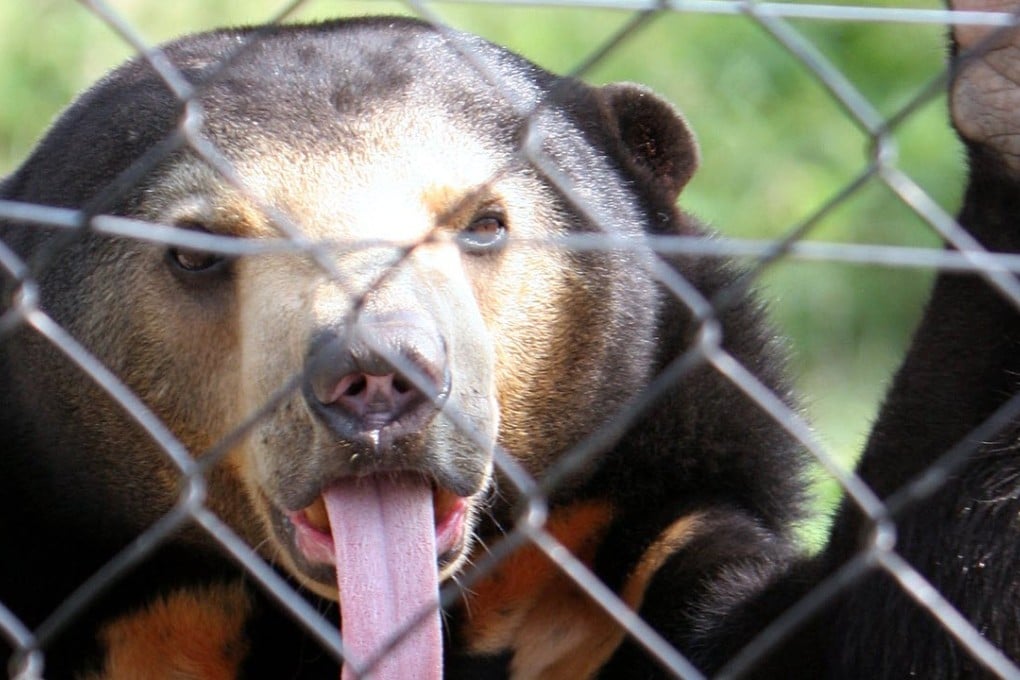Illegal wildlife trade thriving in Asia thanks to explosion of activity on social media platforms
Conservationists claim growing numbers of traders are using closed groups on Facebook and password-protected online forums to reach Asian customers.

Social media sites such as Facebook and Instagram are increasingly being used in Asia as platforms for the illegal trade in a range of threatened species such as orangutan and sun bears, conservation groups said Thursday.
The trend poses a new and worrying threat to wildlife in a tech-savvy region where products derived from a range of species are sought for traditional medicines and where exotic animals are prized as pets, said wildlife-trade monitor Traffic and conservation group WWF.
The wildlife trade network is getting smarter and more sophisticated. We need to be one step ahead
“Traders are clearly moving to non-conventional methods of sale such as utilising online portals and social media in order to evade detection, reach a broader audience, and increase transaction efficiency and convenience,” Traffic said in a report released to coincide with Thursday’s World Wildlife Day.
Growing numbers of traders are using closed groups on Facebook and password-protected online forums to reach Asian customers, it said.
Traffic said that in one month in China last year, thousands of ivory products, 77 whole rhino horns, and large numbers of endangered birds were found advertised for sale on sites such as QQ and WeChat, which are popular in China.
“The wildlife trade network is getting smarter and more sophisticated,” WWF Malaysia director Dionysius Sharma said. “We need to be one step ahead and come up with creative solutions to eradicate this problem.”
Traffic’s report focused heavily on Malaysia, where Facebook use is high.